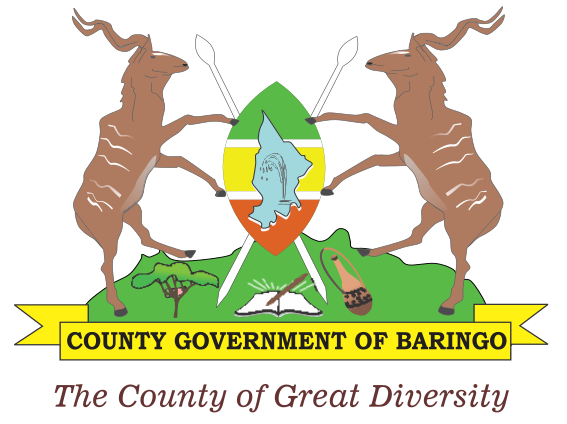Over 500 undernourished children in Mogotio Sub County havebeen rehabilitated into vibrant health status through the implementation ofPositive Deviance Hearth (PDH), a behaviour change health model used to combat moderate and mildmalnutrition, underweight condition in children, improve hygiene andsanitation, caring and feeding practices, health seeking, and improve foodproduction.
The graduation ceremonies to cerebrate the 500 enrolledchildrens journey to proper growth and development were held today inMaji Moto and Chemoinoi after PDH was implementedfor only three months, registering a 90% success rate, translating to over 450children being fully rehabilitated.
With the support World Food Programme (WFP) and BaringoCountys Department of Health Services, the PDH Model was rolled out in MogotioSub Ccounty where mothers from villages of Majimoto and Chemoinoi have reclaimed their childrens health with a well dense communal meal. Themodel organizes mothers into groups of 6-12, encouraging them to gather ondaily basis, bringing along the little food they have; groundnuts, eggs, vegetables, millet, fruits and cooknutritious meals for the vulnerable kids.
With the overall goal of enabling poor communitiesindependently address the problems of malnutrition with solutions that areaffordable and sustainable using locally available foods calculated to fit incalories required for a child per day, the programme also reduce clients caseload in local facilities in search of commercialdietary supplements which are very expensive.
WFPs Head of Programmes -Kenya Country Office FrancescaDeceglie who was hosted for the graduation ceremonies by the Chief OfficerPublic Health Mr. Evans Ruto, pledged support for PDH in order to ensure morechildren from low income communities are freed from malnutrition throughlocally available solutions.
WFP through partnership with the business community (The Village Market) played a crucial role in supporting the scale up of PDH Model to not only improve children's nutrition, but also to enable mothers to earn an income by selling their surplus kitchen garden produce.
The Departments of Health Services (nutrition section) and Agriculture were key in coordination and caregivers training respectively.
